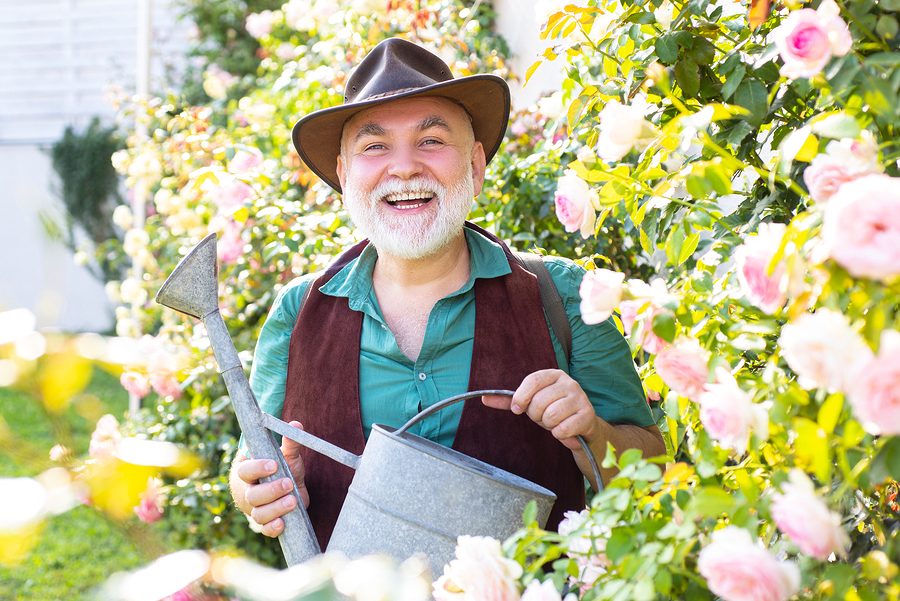Hobbies linked to lower depression levels among older people
The study found the benefits of having a hobby were relatively universal, with only small differences between countries
Hobbies such as gardening, reading, and arts and crafts are linked to lower levels of depression in people aged 65 and older, research suggests.
The findings are based on self-reported health and life satisfaction, and hold true across 16 countries on three continents, according to a study led by University College London (UCL) researchers.
Analysing data from people spanning four to eight years, the researchers found that as well as being associated with fewer depressive symptoms, having a hobby was also linked to increases in happiness and life satisfaction.
According to the findings, the results remained after other factors such as partnership status, employment and household income were taken into consideration.
Additionally, the study found the benefits of having a hobby were relatively universal, with only small differences between countries.
Lead author Dr Karen Mak, from the UCL Institute of Epidemiology and Health Care, said: “Our study shows the potential of hobbies to protect older people from age-related decline in mental health and wellbeing.
“This potential is consistent across many countries and cultural settings.
“Of the four outcomes, life satisfaction was most strongly linked to hobby engagement.
“Hobbies may contribute to life satisfaction in our later years through many mechanisms, including feeling in control of our minds and bodies, finding a purpose in life, and feeling competent in tackling daily issues.
“Theoretical work suggests the relationship between hobbies and wellbeing may cut both ways – that people with better mental health may be more likely to take up a hobby, and persisting with a hobby may help us to retain improved life satisfaction.
“Our research also supports policymakers in promoting access to hobbies among older people as a way to enhance their wellbeing and health.”
The study, published in Nature Medicine, aimed to see if the benefits of hobbies were consistent in different countries, and looked at data from 93,263 people aged 65 or over who had enrolled in five existing studies in England, Japan, the United States, China and 12 European countries.
Hobbies, defined as activities people engage in during their leisure time for pleasure, might range from volunteering or being part of a club to reading, gardening, playing games, and arts and crafts.
The study found the proportion of people who said they had a hobby varied between countries, with 51% of study participants in Spain reporting having a hobby, compared with 78.1% in England, 96% in Denmark, 95.8% in Sweden and 94.4% in Switzerland.
China had the lowest level of hobby engagement, at 37.6%, but researchers cautioned that people in China were asked only about social hobbies, not hobbies in general.
In countries with better life expectancy and national happiness levels, more people reported having a hobby, and the link between wellbeing and having a hobby was also stronger in those countries.
The study was supported by the Wellcome Trust, National Endowment for the Arts, Belgian National Scientific Fund and Japan Society for the Promotion of Science.
The Press Association
Latest posts by The Press Association (see all)
- Actor Richard Chamberlain dies aged 90 - March 30, 2025
- 5 new books to read this week - March 26, 2025
- 6 things a physio wishes people over 60 would stop doing - March 25, 2025
- NHS reminder to 7.5m people as Covid-19 jab booking system opens - March 25, 2025
- The truth about cholesterol – what you need to know - March 25, 2025




















